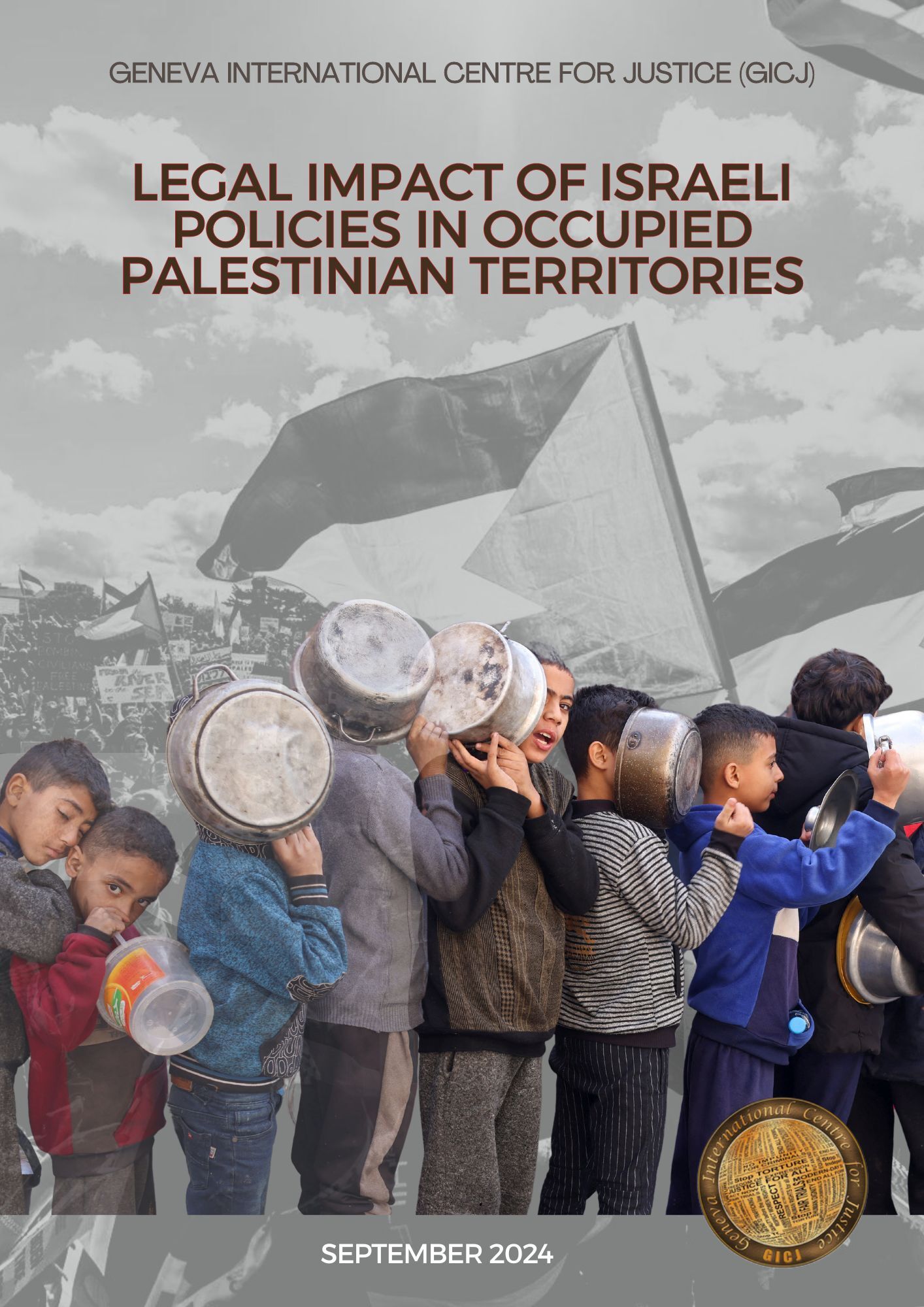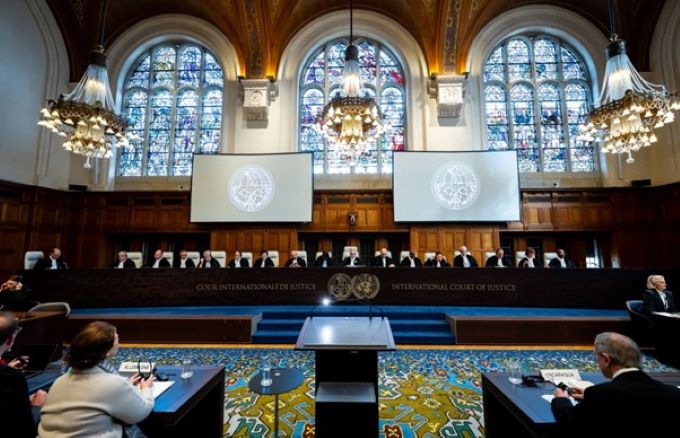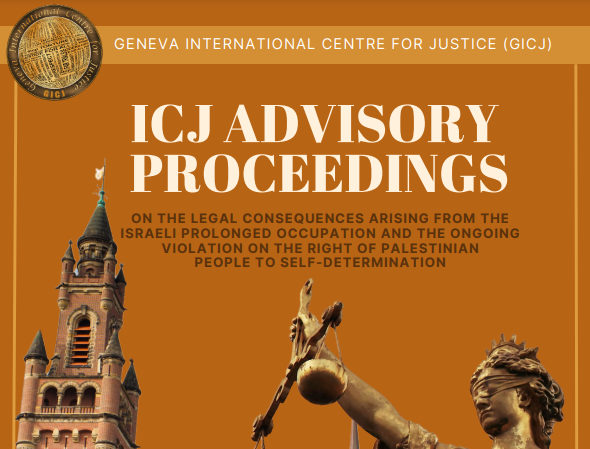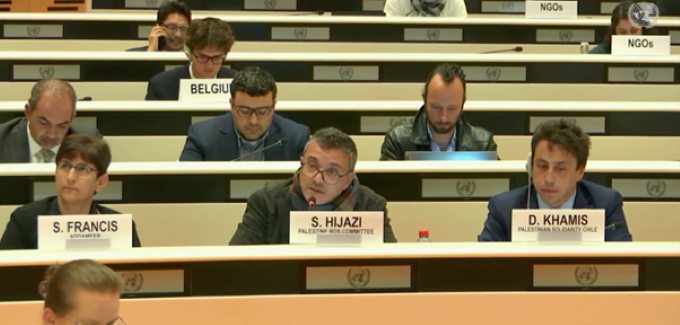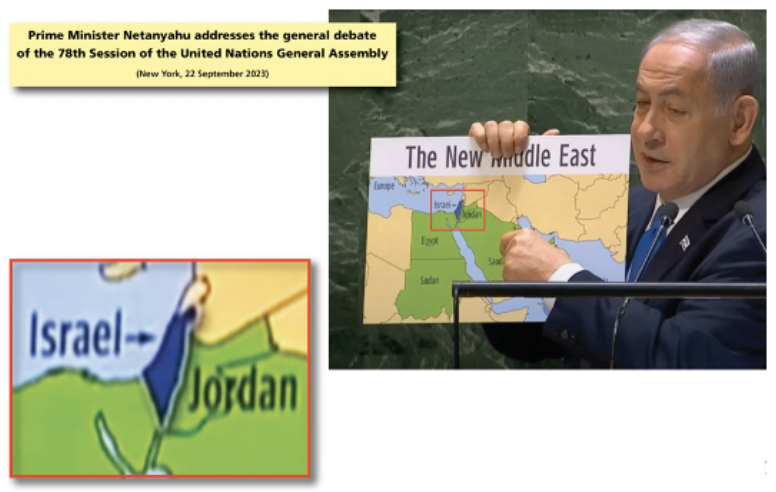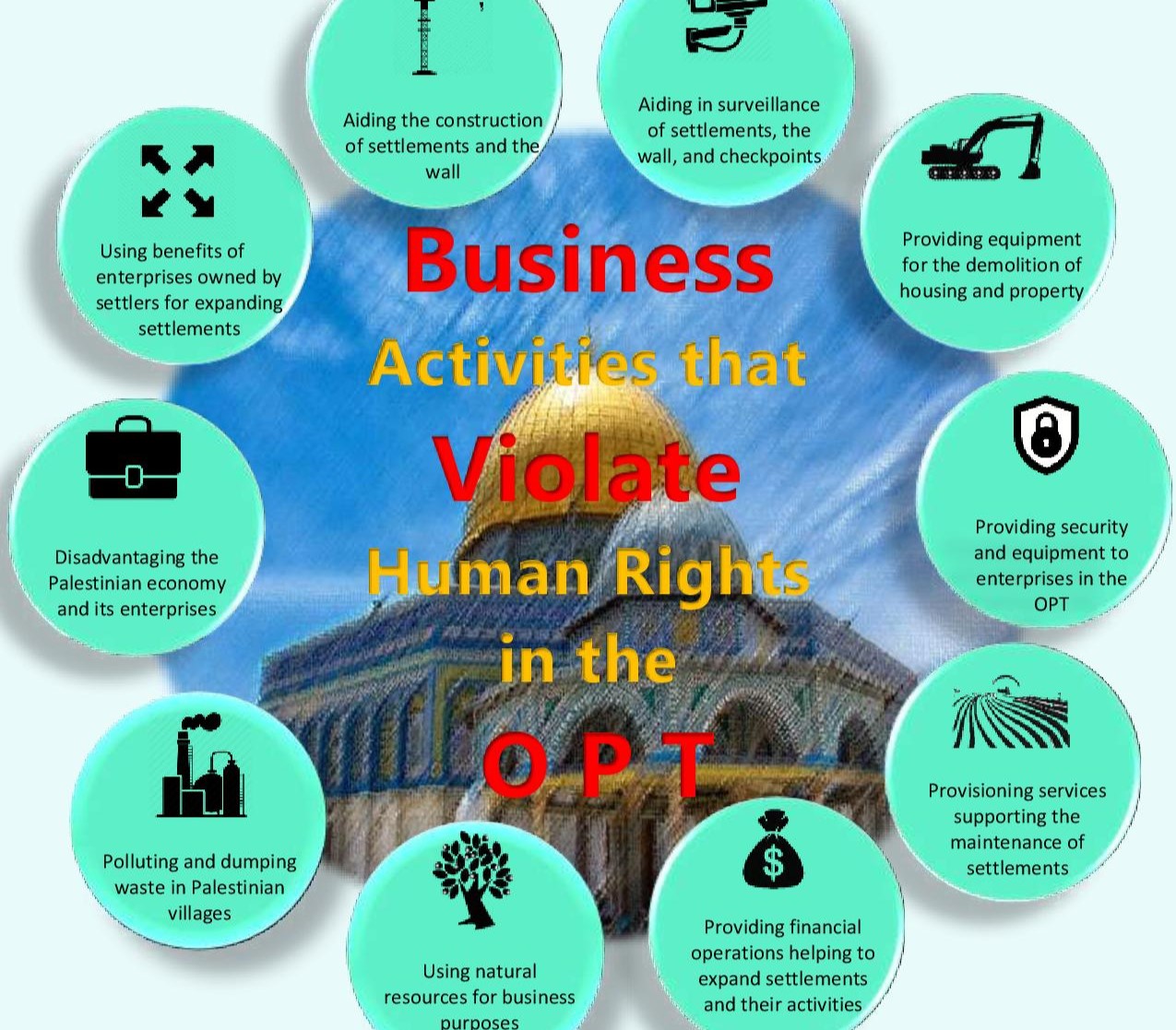International Court of Justice, 19 July 2024 Advisory Opinion
Legal Consequences arising from the Policies and Practices of Israel in the Occupied Palestinian Territory, including East Jerusalem
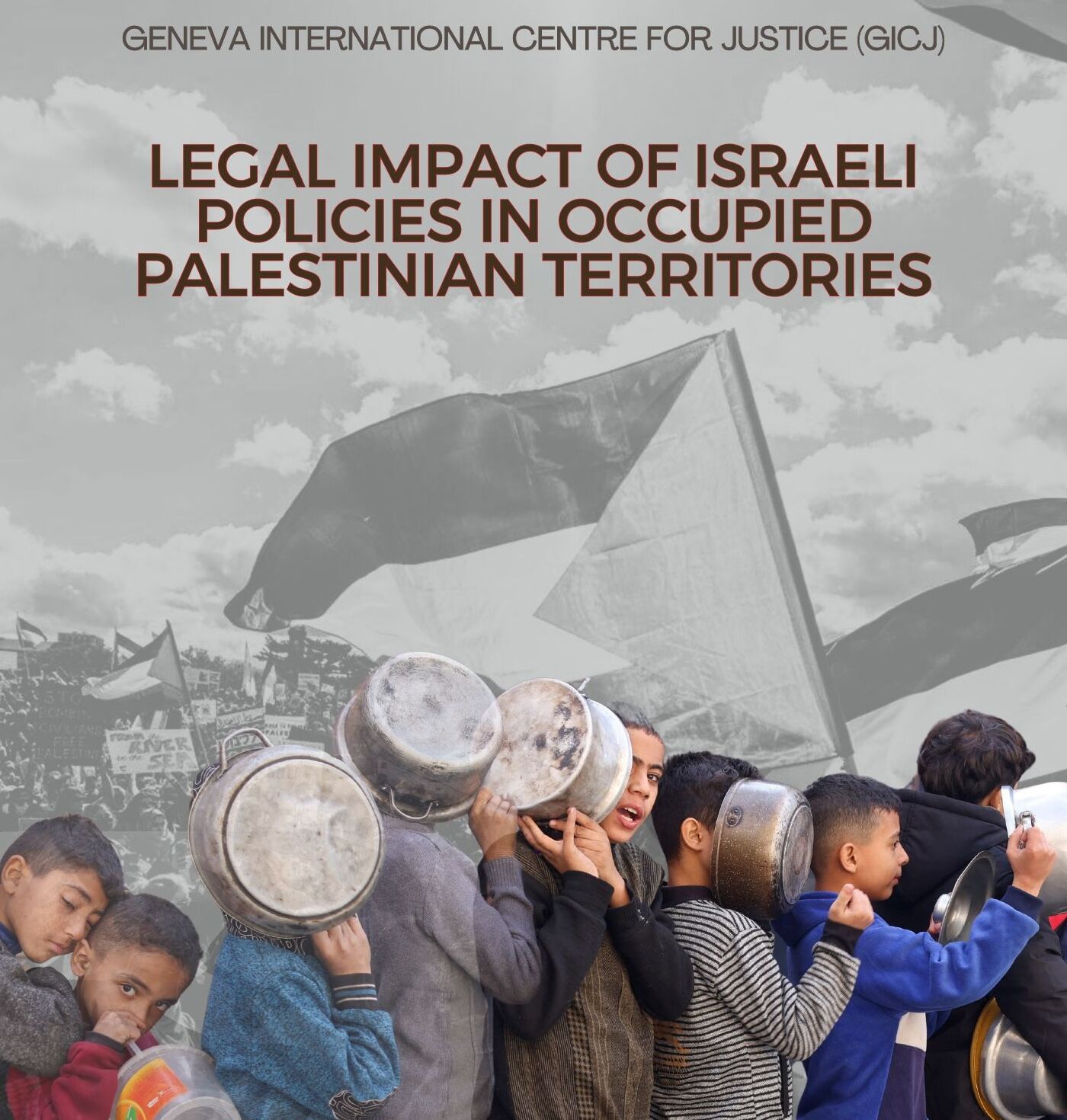
On 19 July 2024, the International Court of Justice (ICJ) rendered an advisory opinion on the "Legal Consequences arising from the Policies and Practices of Israel in the Occupied Palestinian Territory, including East Jerusalem." This advisory opinion was issued following a request by the United Nations General Assembly (UNGA) through its Resolution 77/247 of 30 December 2022. The request, transmitted by the UN Secretary-General on 19 January 2023, posed two critical legal questions: first, what the legal consequences are for Israel’s ongoing occupation and violation of the right of the Palestinian people to self-determination; and second, how Israel’s actions affect the legal status of the occupation and what obligations arise for other States and the United Nations.
The ICJ, after asserting its jurisdiction over the matter and confirming that no compelling reasons existed to decline the UNGA’s request, delivered a historic decision. The Court ruled that Israel’s continued presence in the Occupied Palestinian Territory (OPT) is unlawful under international law. It stated that Israel has an obligation to cease its occupation, halt settlement activities, evacuate settlers, and make reparations for damages caused by its policies. Moreover, the Court emphasized that all States must refrain from recognizing Israel’s illegal presence in the OPT and must avoid providing any form of assistance that sustains it. The United Nations, in turn, was urged to take action to ensure Israel complies with its international obligations and to facilitate an end to the occupation.
The Court's ruling is highly significant in the context of international law and represents a landmark moment following the ICJ's 2004 Advisory Opinion on the legality of the construction of the Israeli wall in the OPT. At a time when violence in Gaza continues to escalate, this advisory opinion provides a critical legal framework for understanding the implications of Israel’s occupation, especially in light of its ongoing settlement activities and discriminatory policies that have significantly impacted Palestinian self-determination. The decision reaffirms the inalienable right of the Palestinian people to self-determination and condemns the annexation of Palestinian lands by Israel as a violation of international law.
One of the key conclusions of the opinion is the clear statement that Israel’s prolonged occupation, which has lasted more than 57 years, must end. The Court emphasized that occupation under international humanitarian law is intended to be temporary and must not lead to annexation or permanent control of the occupied territory. The ICJ found that Israel’s settlement policies, which involve the transfer of Israeli civilians into the OPT, violate Article 49 of the Fourth Geneva Convention, which prohibits the occupying power from transferring parts of its own population into the occupied territory. The Court further highlighted that the annexation of Palestinian territories, especially East Jerusalem and parts of the West Bank, constitutes a breach of international law, particularly the prohibition against the acquisition of territory by force.
Another crucial point in the advisory opinion is the recognition of the Palestinian people’s right to self-determination as a jus cogens norm, meaning it holds the highest status in international law and cannot be derogated. The Court found that Israel’s actions, including its settlement policy and annexation attempts, significantly infringe on this right, thereby violating a fundamental principle of international law. Furthermore, the Court addressed the extraterritorial application of international human rights law (IHRL), finding that Israel remains bound by its obligations under international covenants, including the International Covenant on Civil and Political Rights (ICCPR), the International Covenant on Economic, Social and Cultural Rights (ICESCR), and the International Convention on the Elimination of All Forms of Racial Discrimination (CERD). The ICJ noted that Israel’s discriminatory policies against Palestinians, including restrictions on movement, access to resources, and the demolition of Palestinian homes, constitute violations of CERD and amount to racial segregation and apartheid.
The relevance of the Oslo Accords was also discussed in the opinion. While some participants argued that the Accords should prevent the Court from rendering a decision on the occupation, the ICJ found that the Oslo framework does not absolve Israel from its obligations under international law. The Court maintained that the Oslo Accords cannot be interpreted as permitting Israel to annex Palestinian territory or indefinitely extend its occupation.
The Geneva International Centre for Justice (GICJ) strongly supported the findings of the ICJ, viewing the advisory opinion as a decisive affirmation of the illegality of Israel’s occupation and its associated practices. GICJ welcomed the Court’s unambiguous condemnation of Israel’s settlement activities, its annexation of Palestinian territory, and its discriminatory laws as fundamental violations of international law. The GICJ emphasized the importance of holding Israel accountable for these violations and urged the international community to act upon the Court’s recommendations.
In its position, GICJ highlighted the ICJ’s finding that the Palestinian people’s right to self-determination is an erga omnes obligation, meaning that all States have a responsibility to respect and promote this right. Accordingly, GICJ called on all States to take concrete measures to end Israel’s occupation and illegal activities in the OPT, including halting arms sales and financial aid that could support Israel’s military operations and settlement expansion. Moreover, GICJ stressed that States must actively distinguish between Israel’s internationally recognized territory and the OPT in their dealings with Israel.
The GICJ also expressed concern over the reluctance of some international actors, particularly the United States, to fully endorse the ICJ’s conclusions. It called on the United States to cease its use of veto power in the UN Security Council, which has frequently prevented the adoption of resolutions aimed at addressing the Israeli-Palestinian conflict. Finally, GICJ reiterated its call for the UN General Assembly to recognize the State of Palestine and grant it full membership in the United Nations as a crucial step toward achieving a just and lasting peace in the region.
This advisory opinion, much like the 2004 Wall Opinion, stands as a powerful statement in favor of Palestinian rights under international law. The GICJ concluded that the time for action is now, calling for immediate international efforts to end the occupation and restore sovereignty to the Palestinian people.
To read the full report, please click the image below:
Read more from GICJ:




